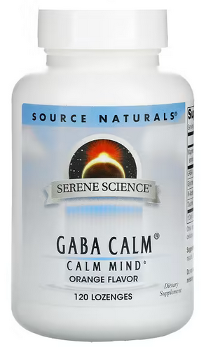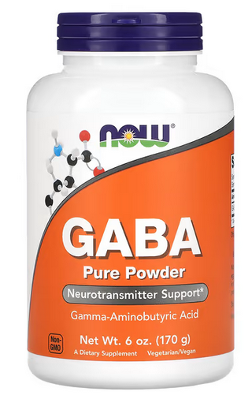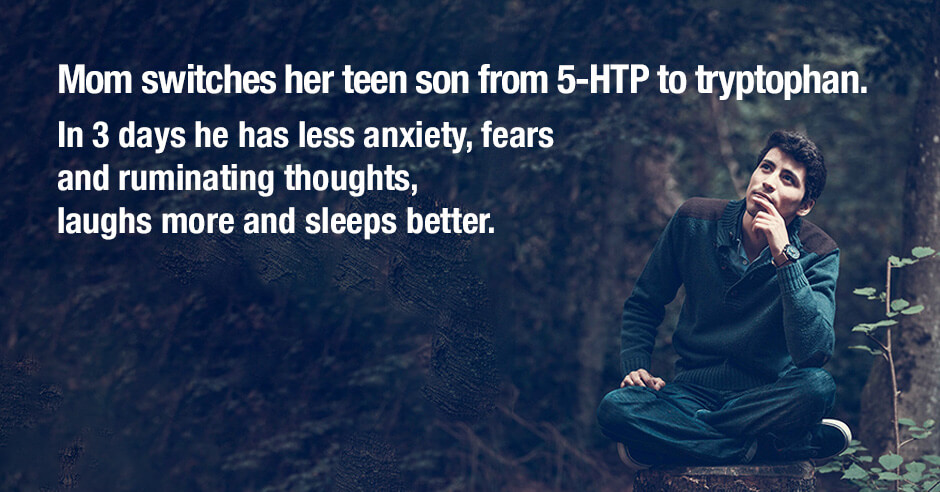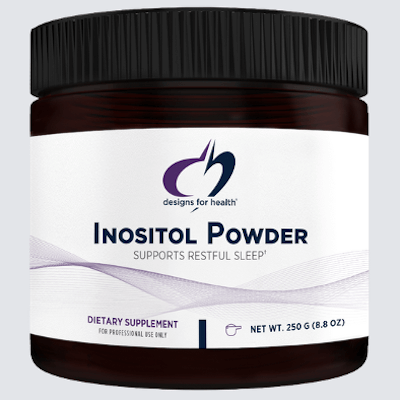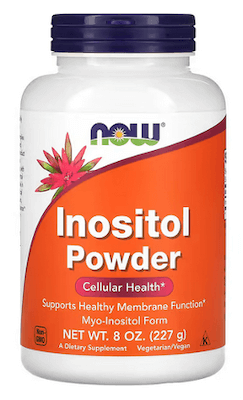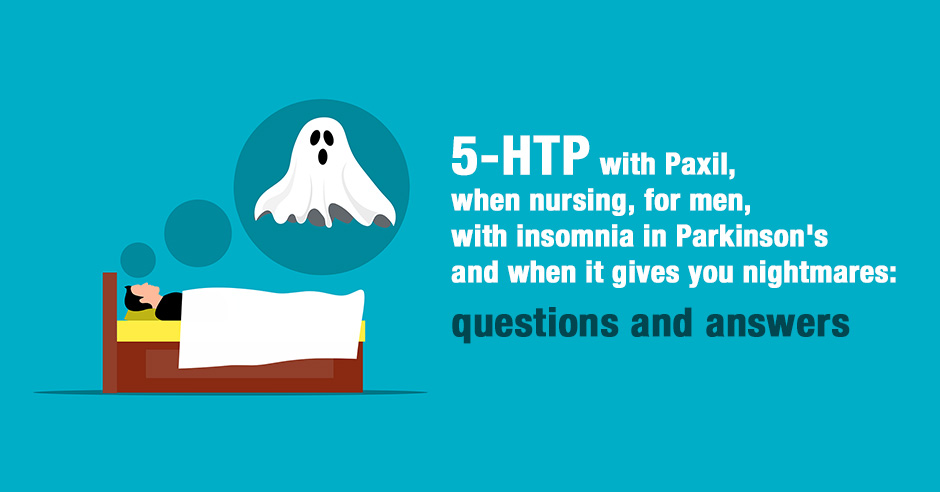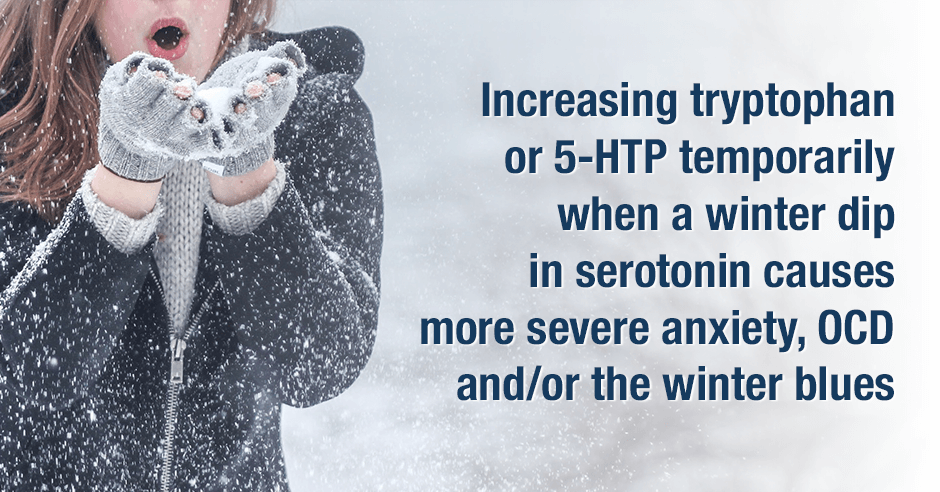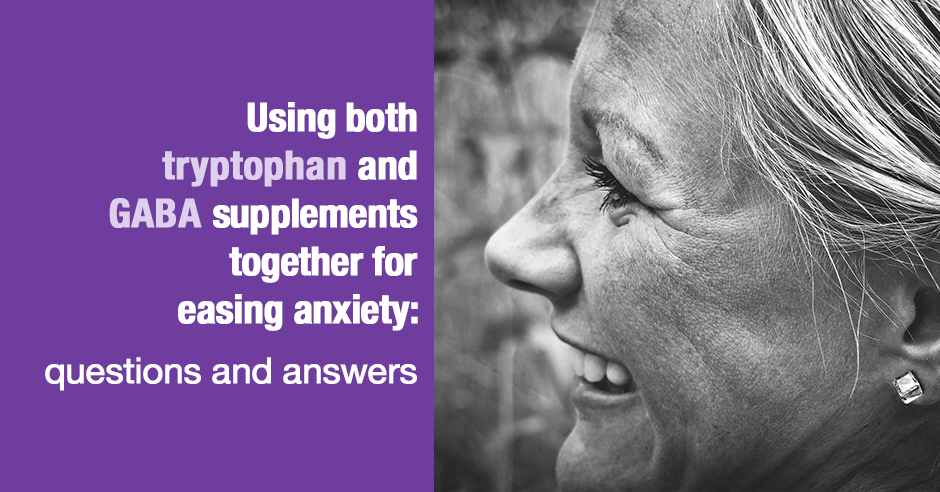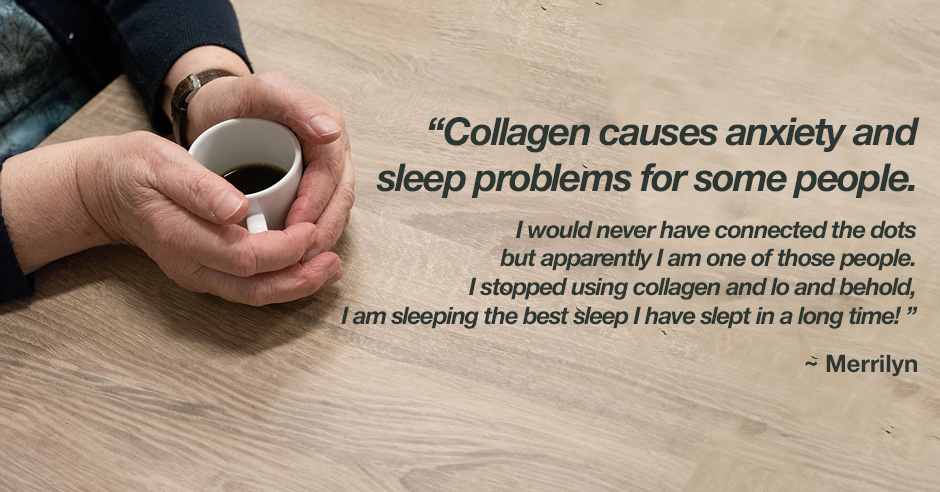
Thank you for solving my sleeping problem! I would never have connected the dots regarding collagen causing anxiety and sleep problems for some people, but apparently I am one of those people.
Although I would fall asleep instantly at bedtime, I would wake up 3 or 4 hours later and while my body was tired, my mind was wide awake and I was unable to go back to sleep for at least 2 or 3 hours. I would think about all the things I needed to do and the challenges I was having. These things would not bother me as much in the day. No matter what I tried – like praying and listening to calming music, I could not shut off my anxious thoughts.
Then it occurred to me that when I go out of town to visit my family, I sleep better. After hearing Trudy’s collagen presentation on the Osteoporosis Summit, I connected the dots! For the last 6 months, I have been putting about 10 grams of Vital Protein collagen in my coffee each morning. I don’t take the collagen with me when I travel. So I stopped using it and lo and behold, I am sleeping the best sleep I have slept in a long time! I even look forward to going to sleep.
So I thank you Trudy from the bottom of my heart for enlightening me. And Margie, I thank you for the wonderful Summit you put together with so much great information. I would still be sleep deprived if it wasn’t for you both!
I was so pleased to receive this lovely thank you email from Merrilyn (sent to me and summit host Margie Bissinger) and said how happy I am for her. I asked if I could share her feedback as a new blog so we can enlighten others who may have similar issues and because it’s an opportunity to share some of sleep/collagen research that supports a possible mechanism. She kindly said yes and answered my questions:
- How long had you been using collagen and how long after starting it did the sleep issues start?
- And how quickly after stopping the collagen did your sleep improve?
- Did you consider using tryptophan or 5-HTP so you could continue to use the collagen? And are you prone to low serotonin?
Read on for some background on the serotonin-lowering effects for some folks who consume collagen, Merrilyn’s responses to my questions, my insights, some of the research, and the tryptophan and 5-HTP products I recommend.
The original collagen/gelatin serotonin-lowering blog/research from 2017
I first addressed this potential cause for anxiety, mood and sleep issues in a blog in 2017 – Collagen and gelatin lower serotonin: does this increase your anxiety and depression?
Margie invited me to share this information and some of the research with those who are using it or planning to use it for osteoporosis. I’m so glad I accepted because clearly there are still folks who are not aware of the potential serotonin-lowering effects of collagen. And I’m sharing Merrilyn’s results via this new blog in case it’s also new to you.
Briefly, collagen and gelatin are used in tryptophan-depletion studies to lower serotonin levels. It does this because neither collagen or gelatin contain tryptophan. Some people seem to be adversely impacted by acute tryptophan depletion/ATD caused by collagen or gelatin consumption while others are not.
If this is all new to you, I encourage you to read the original blog and search for “collagen” to find other information on this topic on my site.
How long had you been using collagen and how long after starting it did the sleep issues start?
I asked how long she’d been using collagen and how long after starting it did she notice problems with her sleep. This wasn’t clear to her and many folks like Marrilyn unfortunately don’t connect the dots right away.
I started Vital Proteins collagen on July 1, 2023. I did mark that down because as I add supplements to my diet, I try to make notes and only do one at a time in case they cause a problem. I did note that I was not consistent with taking it daily and I was only taking 5 to 10 grams daily ( in my cup of coffee!).
I have always had a bit of a problem with waking up at night, but normally go right back to sleep. I can’t remember exactly when the sleeping problems worsened and I never connected them to collagen.
Seems like over time, the sleeping and waking up with ruminating thoughts was getting worse. I had started trying Tylenol PM or Advil PM, only taking 1/2 of one with one plain Tylenol or Advil to help me sleep and relieve any muscle tension from exercise. That did not always help. Taking a whole PM was better, but I felt groggy the next day. I don’t need any now that I have stopped the collagen.
How quickly after stopping the collagen did your sleep improve?
When the cause of waking in the night is due to low serotonin, it’s common to notice improvements very quickly after stopping collagen. This was the case with Merrilyn:
I would say my sleep improved immediately after stopping it. I realized that on the days I was out of town and didn’t take the collagen, I slept better. … but I attributed it to the fact that it is cooler there and my 6 year old grandson wears me out by the evening. I do not take the collagen with me and I had not connected this to the sleep pattern.
I returned home after one trip and started the collagen that next morning and the sleepless nights started again. I can’t remember when I listened to your talk, but I am guessing around January 18th, because I noted that I stopped after that day and according to my Fitbit and my memory, I slept great the night of January 19th and other than one night, I have slept well since.
I do want to commend Merrilyn for keeping a log of new supplements and sleep patterns. It’s something I recommend for all my clients.
Did you consider using tryptophan or 5-HTP so you could continue to use the collagen and are you prone to low serotonin?
I also asked if she considered using tryptophan or 5-HTP (some folks do better on one vs the other) so she could continue to use the collagen – she had not considered this. And I wanted to know if she has been prone to low serotonin or suspects low serotonin currently.
I do believe I am prone to low serotonin based on the little I have read in your book. I have thought about using tryptophan with the collagen and might later. For now, I just want to enjoy sleeping and focus on improving my diet.
I also have evenings when I crave sugar. I can do without it during the day, but evenings are worse. Something else to work on.
She’s referring to the low serotonin symptoms questionnaire in the amino acid chapter of my book, The Antianxiety Food Solution. It’s also on the blog here.
A big clue is the insomnia and anxiety caused by consumption of collagen, and also the evening cravings. There are cravings with all the neurotransmitter imbalances, with afternoon/evening cravings common with low serotonin.
It is possible Merrilyn’s anxiety and insomnia effects are for reasons other than low serotonin: glutamate, oxalate, arginine or a histamine reaction are all possible with collagen intake). Doing a trial of tryptophan or 5-HTP while consuming collagen would confirm a serotonin connection.
Osteoporosis, allergies, serotonin and coffee
Merrilyn also shared that she is in her early 70s and besides osteoporosis and allergies, is generally healthy and takes no prescription drugs. Interestingly, research finds there may be a role for 5-HTP (and presumably tryptophan) for allergies and asthma, so this may be another clue for her.
Of course, reducing her cravings – tryptophan and/or 5-HTP make it easy – will also improve her nutrient status of zinc, magnesium, iron, vitamin B6 and other B vitamins etc. all of which are key when it comes to osteoporosis.
Quitting coffee altogether will likely prevent any waking in the night – yes, even just one cup a day can make a difference – and also help improve the status of many of these nutrients. This is often the least favorite change my clients make but Merrilyn will read about all this in the caffeine chapter in my book and may find tyrosine helps her do so.
Research: Daytime tryptophan depletion altered night-time sleep
A paper published in 2002, Mid-morning tryptophan depletion delays REM sleep onset in healthy subjects, reports the following:
Rapid daytime tryptophan depletion in healthy volunteers significantly decreased plasma tryptophan levels during the day and the evening, followed by alterations in the characteristics of night-time sleep, including increased sleep fragmentation, REM sleep latency, and REM density during first sleep episode.
In this randomized double-blind cross-over study, participants received “a tryptophan-free mixture of amino acids at 10:30 am…. resulting in a 77% decrease and 41% decrease of serum tryptophan at 3:30 pm. and 9:30 pm.” Keep in mind that collagen is a blend of certain amino acids and is tryptophan-free.
The authors discuss the fact that serotonin is involved in sleep regulation but interestingly the mood of study participants was not affected.
Even more interesting is another study that found collagen used before bedtime improved sleep and cognitive function in physically active males. It’s possible it’s doing this because it is lowering serotonin that is too high.
Tryptophan and 5-HTP product options
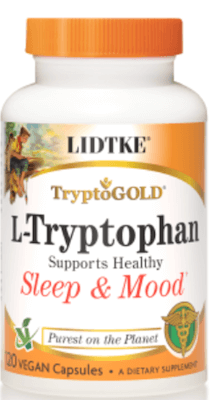
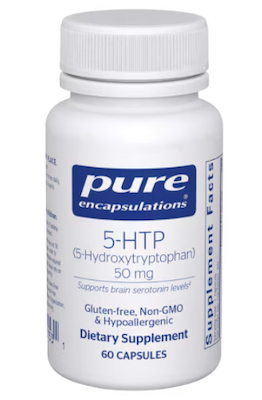
Products I recommend include Lidtke 500 mg Tryptophan, and Pure Encapsulations 50 mg 5-HTP. You can purchase these from my online store (Fullscript – only available to US customers – use this link to set up an account).
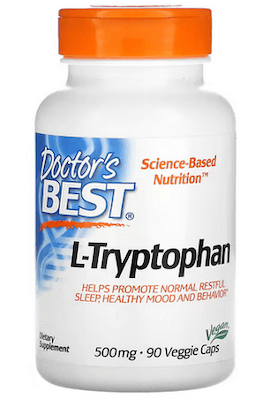
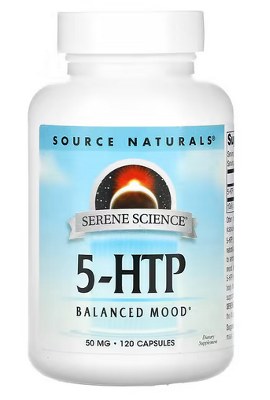
If you’re not in the US, Doctor’s Best L-Tryptophan 500mg and Source Naturals 50 mg 5-HTP are products I recommend on iherb (use this link to save 5%).
Additional resources when you are new to using tryptophan or 5-HTP and other amino acids as supplements
We use the symptoms questionnaire to figure out if low serotonin or other neurotransmitter imbalances may be an issue for you.
If you suspect low levels of any of the neurotransmitters and do not yet have my book, The Antianxiety Food Solution – How the Foods You Eat Can Help You Calm Your Anxious Mind, Improve Your Mood, and End Cravings, I highly recommend getting it and reading it before jumping in and using amino acids on your own so you are knowledgeable. And be sure to share it with the practitioner/health team you or your loved one is working with.
There is an entire chapter on the amino acids and they are discussed throughout the book in the sections on gut health, gluten, blood sugar control (this is covered in an entire chapter too), sugar cravings, anxiety and mood issues. The importance of quality animal protein and healthy fats is also covered.
The book doesn’t include product names (per the publisher’s request) so this blog, The Antianxiety Food Solution Amino Acid and Pyroluria Supplements, lists the amino acids that I use with my individual clients and those in my group programs.
If, after reading this blog and my book, you don’t feel comfortable figuring things out on your own (i.e. doing the symptoms questionnaire and respective amino acids trials), a good place to get help is the GABA QuickStart Program (if you have low GABA symptoms too). This is a paid online/virtual group program where you get my guidance and community support.
If you are a practitioner, join us in The Balancing Neurotransmitters: the Fundamentals program. This is also a paid online/virtual program with an opportunity to interact with me and other practitioners who are also using the amino acids.
Have you made the connection between your collagen consumption and anxiety/insomnia (or other low serotonin symptoms)?
Did you end up simply stopping collagen or have you successfully used it with tryptophan or 5-HTP?
If you’re a practitioner do you see this with your clients/patients who are prone to low serotonin?
And please let me know if it’s helpful that I’m now including product recommendations and where to get them?
Feel free to share and ask your questions below.

